We all know a basic, trusted skincare routine is a must. However, if you’re someone with sensitive skin, this can be easier said than done.
As a dermal clinician, there are many factors that I tell my sensitive skinned clients to take into account when considering products for their routine. Anyone who falls into this category will know - the last thing you want to be doing is causing irritation or flare ups.
But first, what is sensitive skin?
Sensitive skin is not a medical diagnosis. It’s (generally) just a term used to describe skin that is more prone to reactions (most commonly redness and itching), or one that can’t tolerate certain ingredients in their skincare products.
Most people are born with sensitive skin, it tends to be genetic, and sensitive skins just naturally have a weaker skin barrier. This is why you have to be a bit more considerate and gentle with your approach. Having sensitive skin can lead to, or mean you are more susceptible to, skin conditions like eczema and/or rosacea - they all tend to get lumped in together.
Sensitive skin symptoms can include: redness, dryness, burning when applying certain skincare, rashes, hives, dry skin (that can crack) etc.
Is it really sensitive or is it sensitised?
It’s important to note that sensitive skin is most often always reactive in some way, but lots of people tend to think that they have sensitive skin when really their skin is just sensitised.
There is a difference, because sensitising your skin is something anyone can do themselves via over-exfoliating, excess sun exposure, and it can even be blamed on the climate/pollution.
The good news? It can be reversed.
How to treat sensitive skin
There is no specific way to treat sensitive skin but you can manage the skin to prevent flare ups (and I will die on the following hills!).
- Be careful with chemical exfoliants and scrubs that contain acids in high concentrations, as this can strip moisture from the skin and upset the skin barrier.
- Avoid hot showers (definitely no super scaldy ones, despite how much we love them) to save drying out the skin.
- Tread carefully around fragrances in your skincare as they are a known irritant for sensitive skin. Some may be ok, but most skins will know when something is not right for them. (Essential oils are my arch nemesis in clinic.)
- Opt for products designed for a sensitive skin; those that are dermatologically tested, marketed as fragrance free, gentle and/or made for sensitive skin. And yes, this includes sunscreen.
- Moisturise, moisturise, moisturise! Hydrated skin = healthy skin.
- Incorporate barrier strengthening ingredients in your routine like ceramides, peptides and niacinamide.
Opt for the right vitamin a product for your skin. and if all the options are too confusing, because retinoids are tricky, book a chat with your dermal therapist.






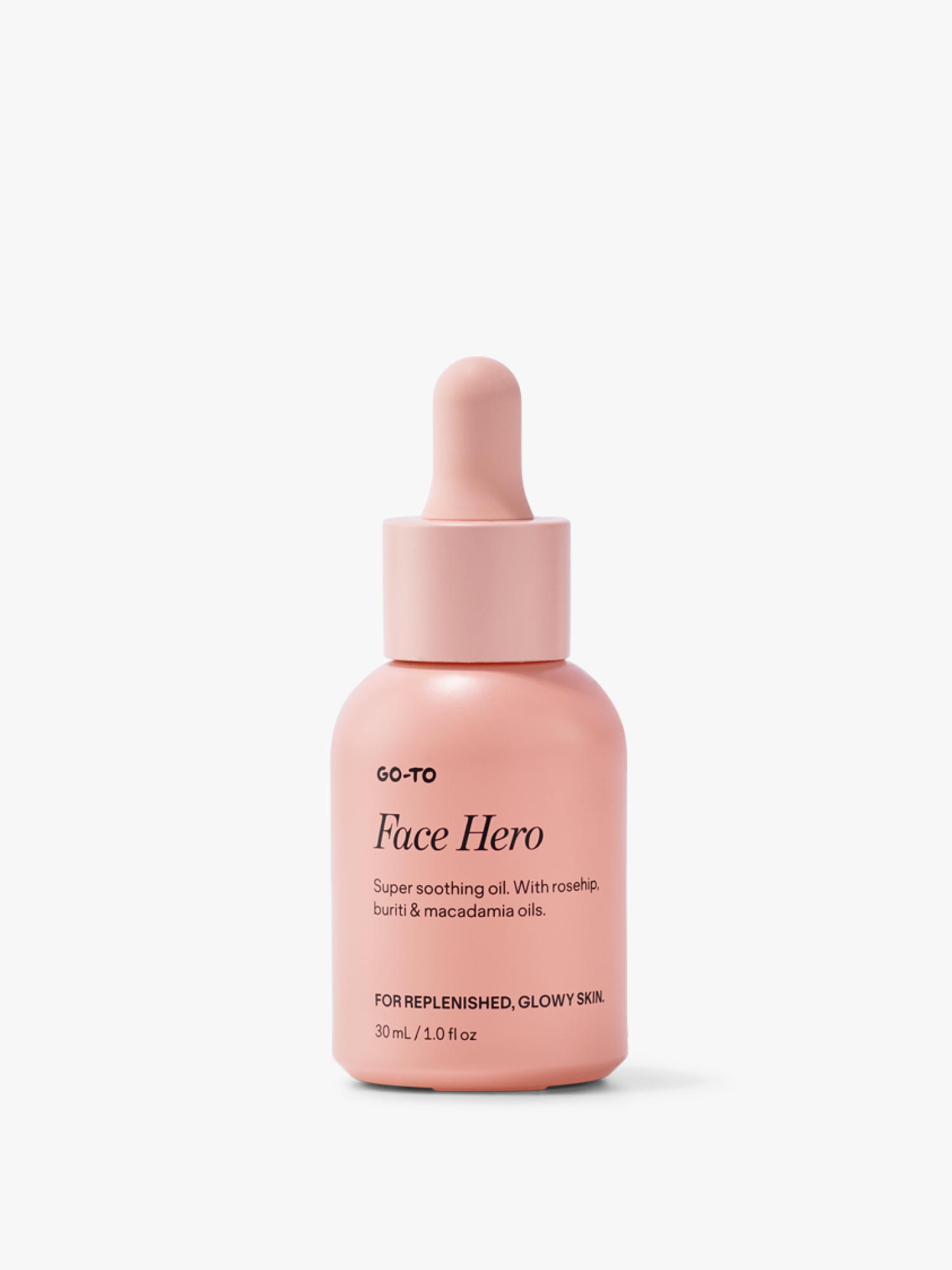







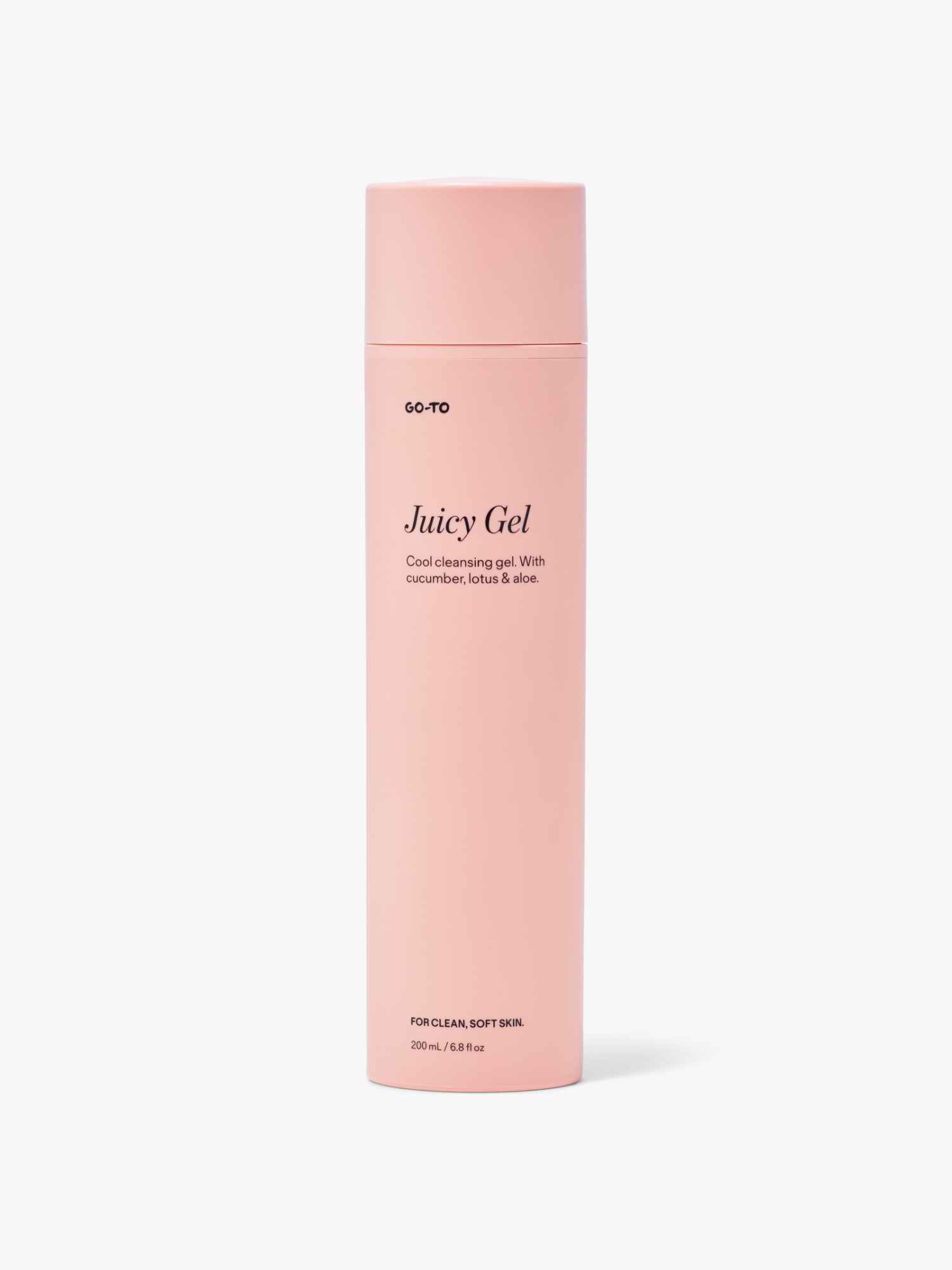
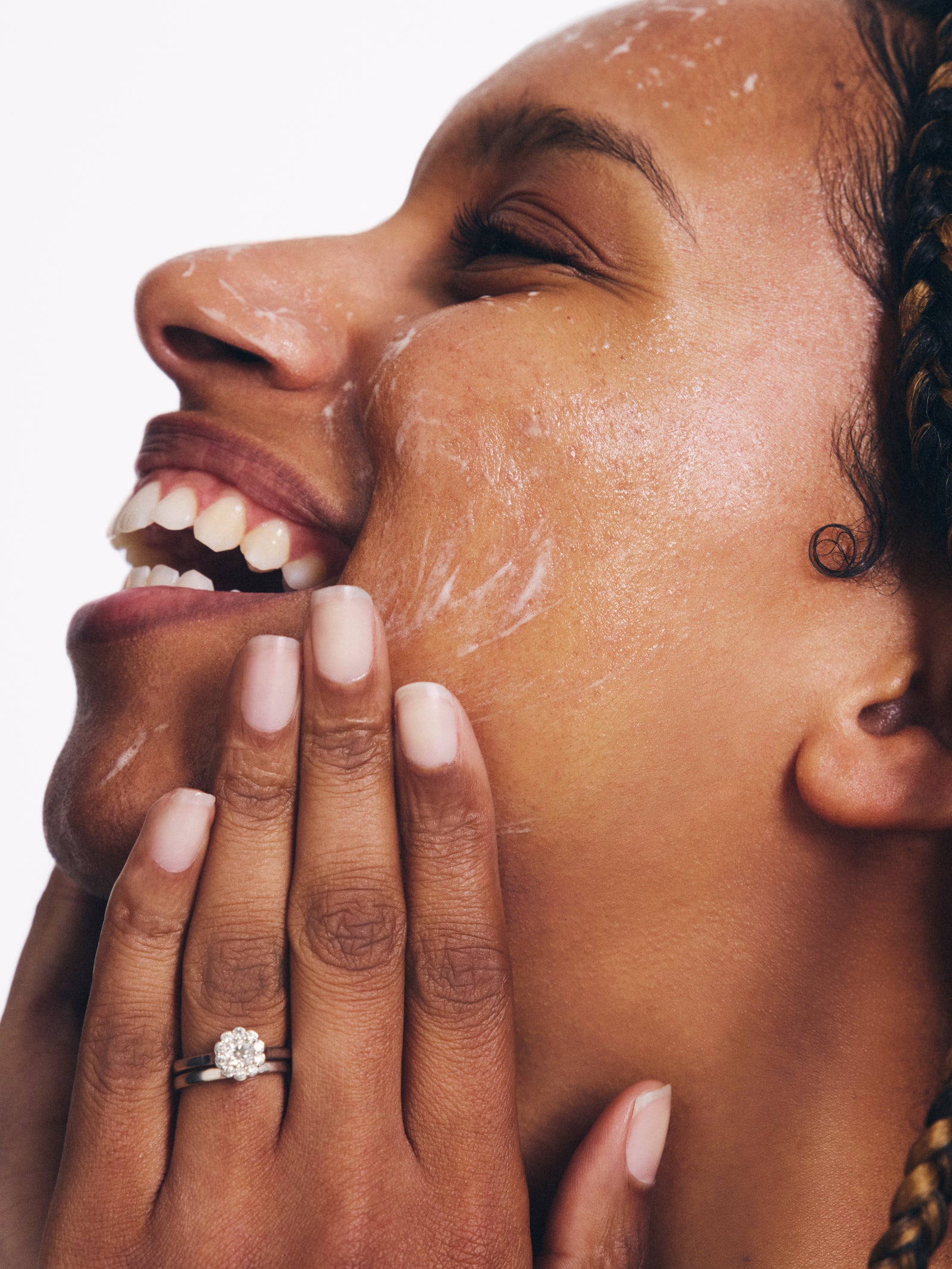


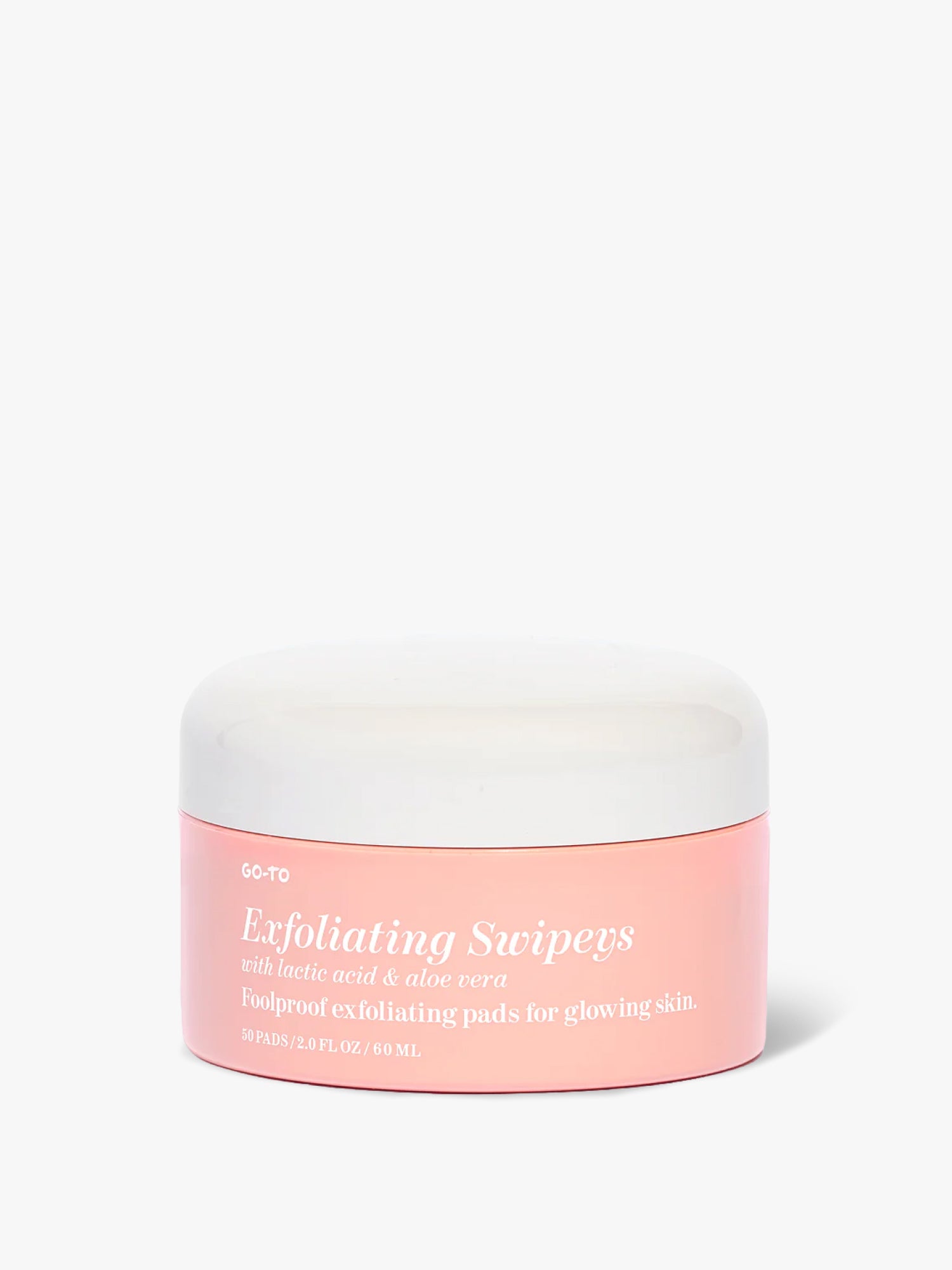
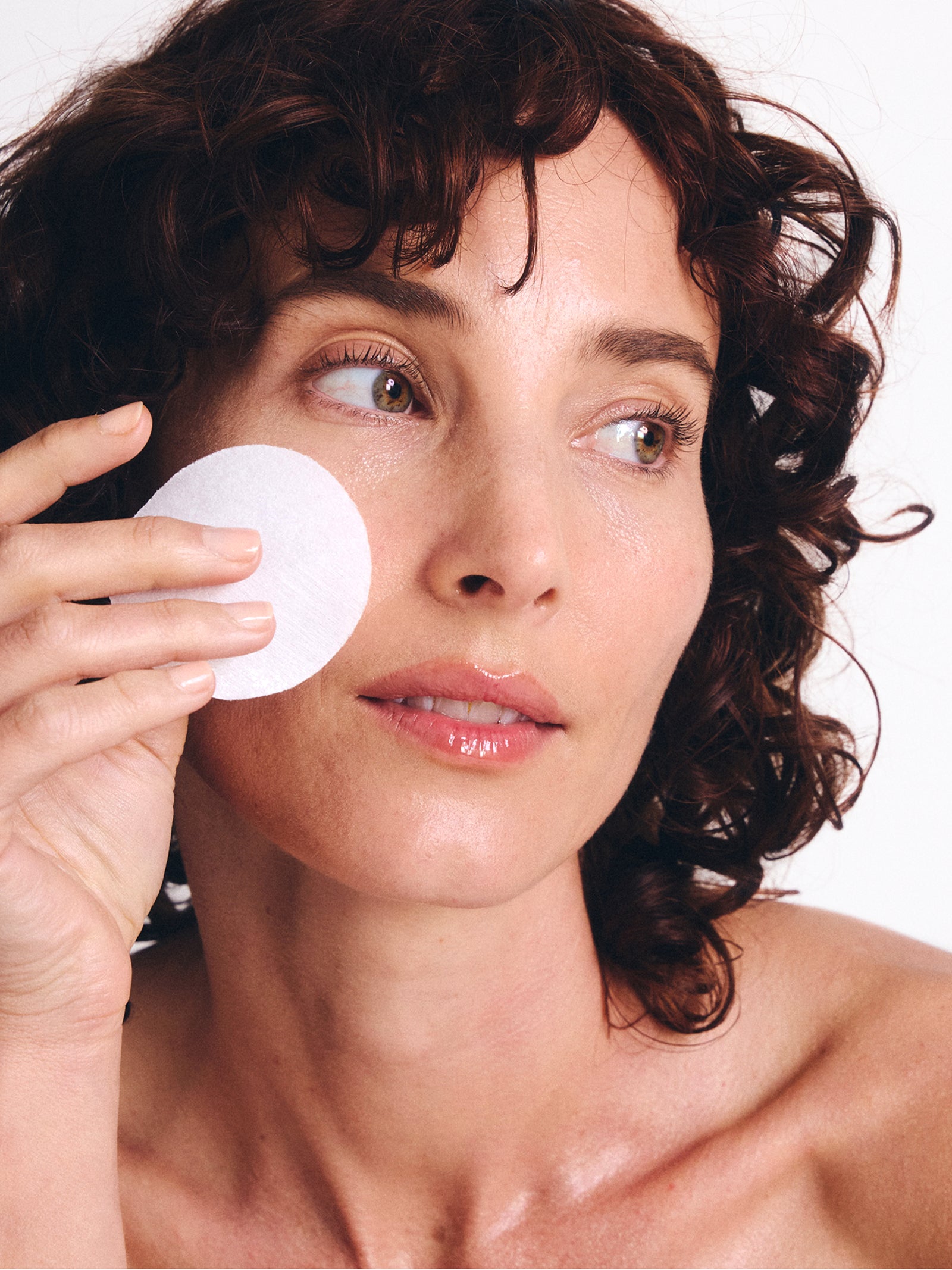


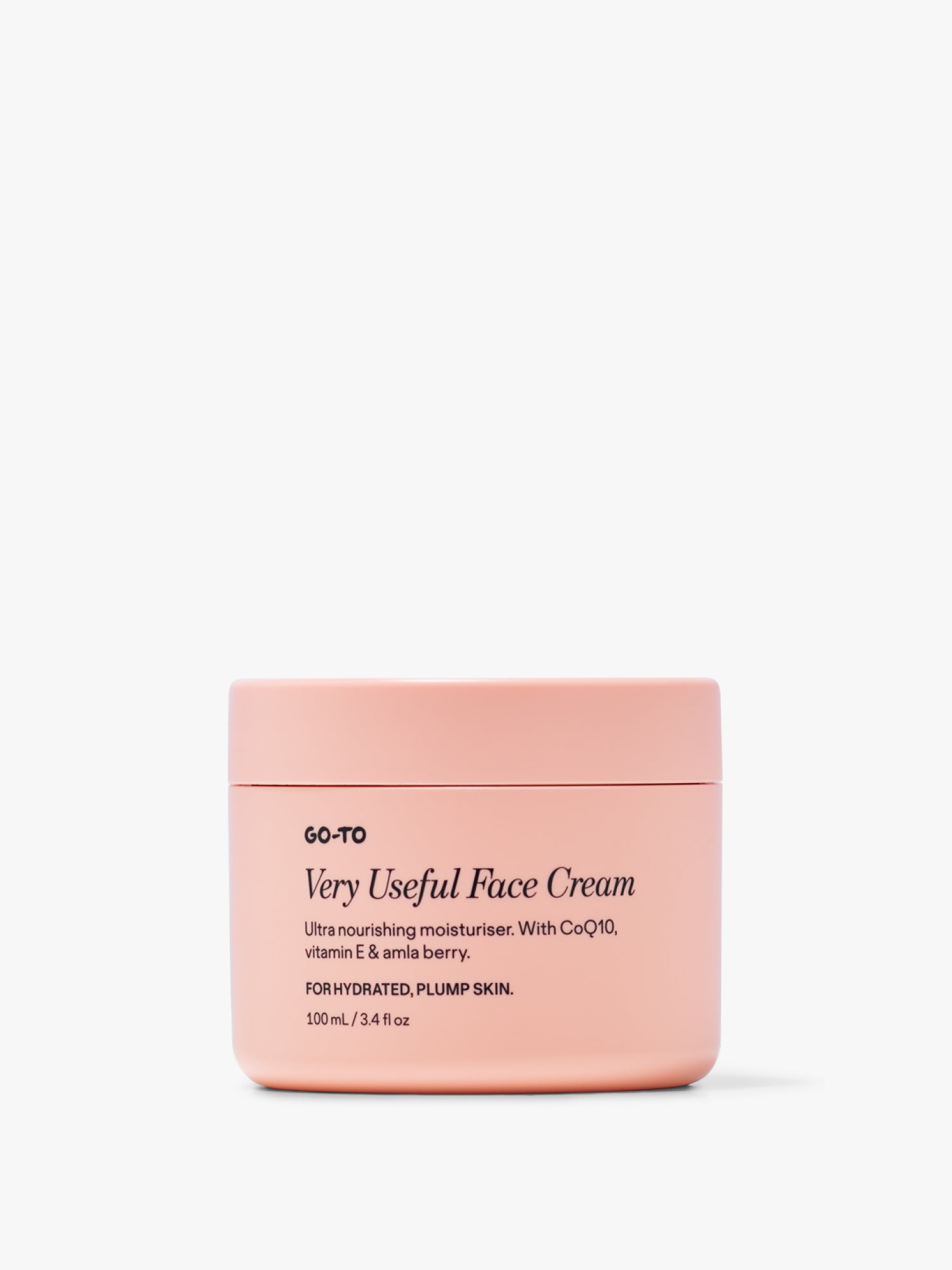

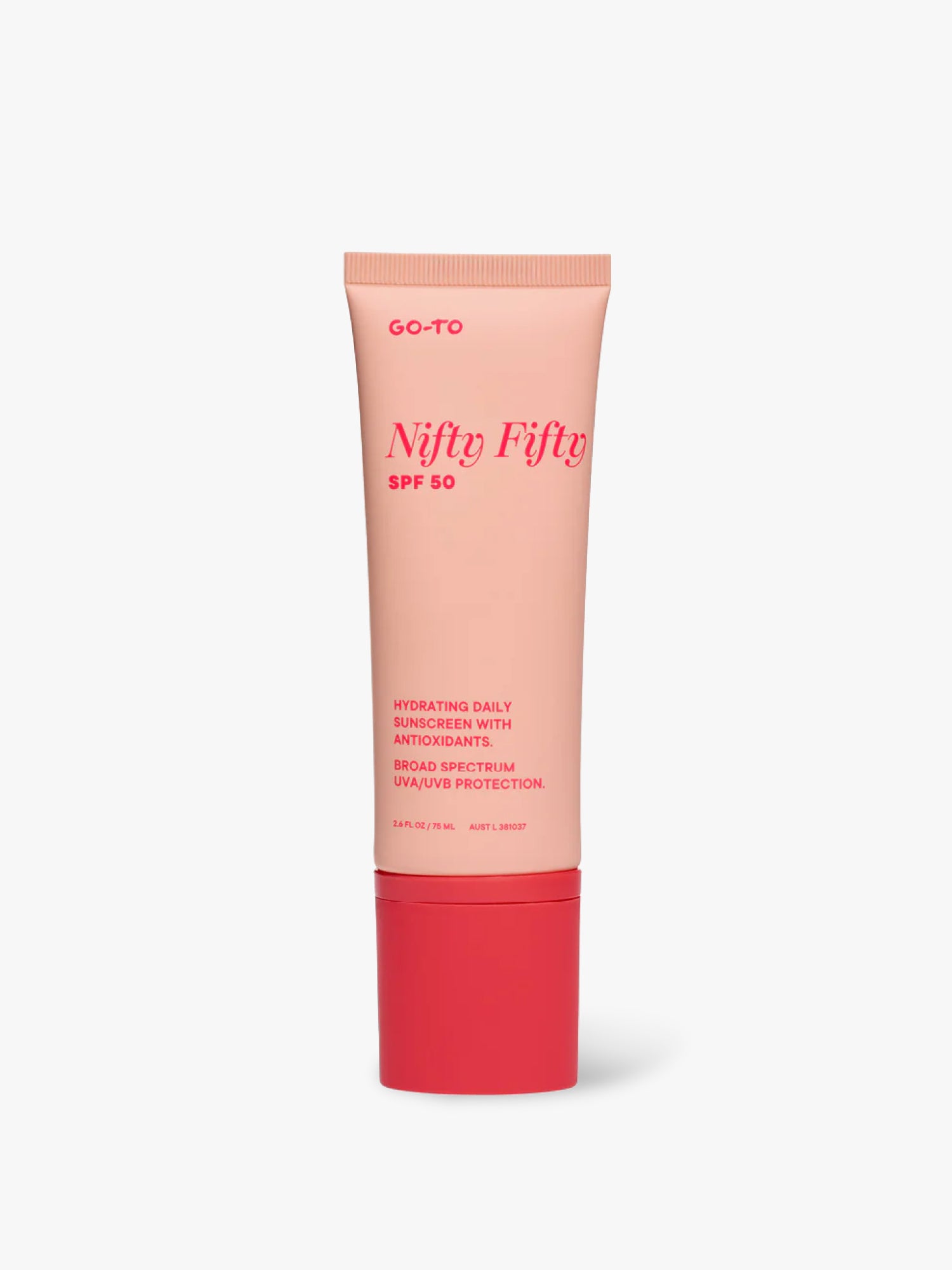
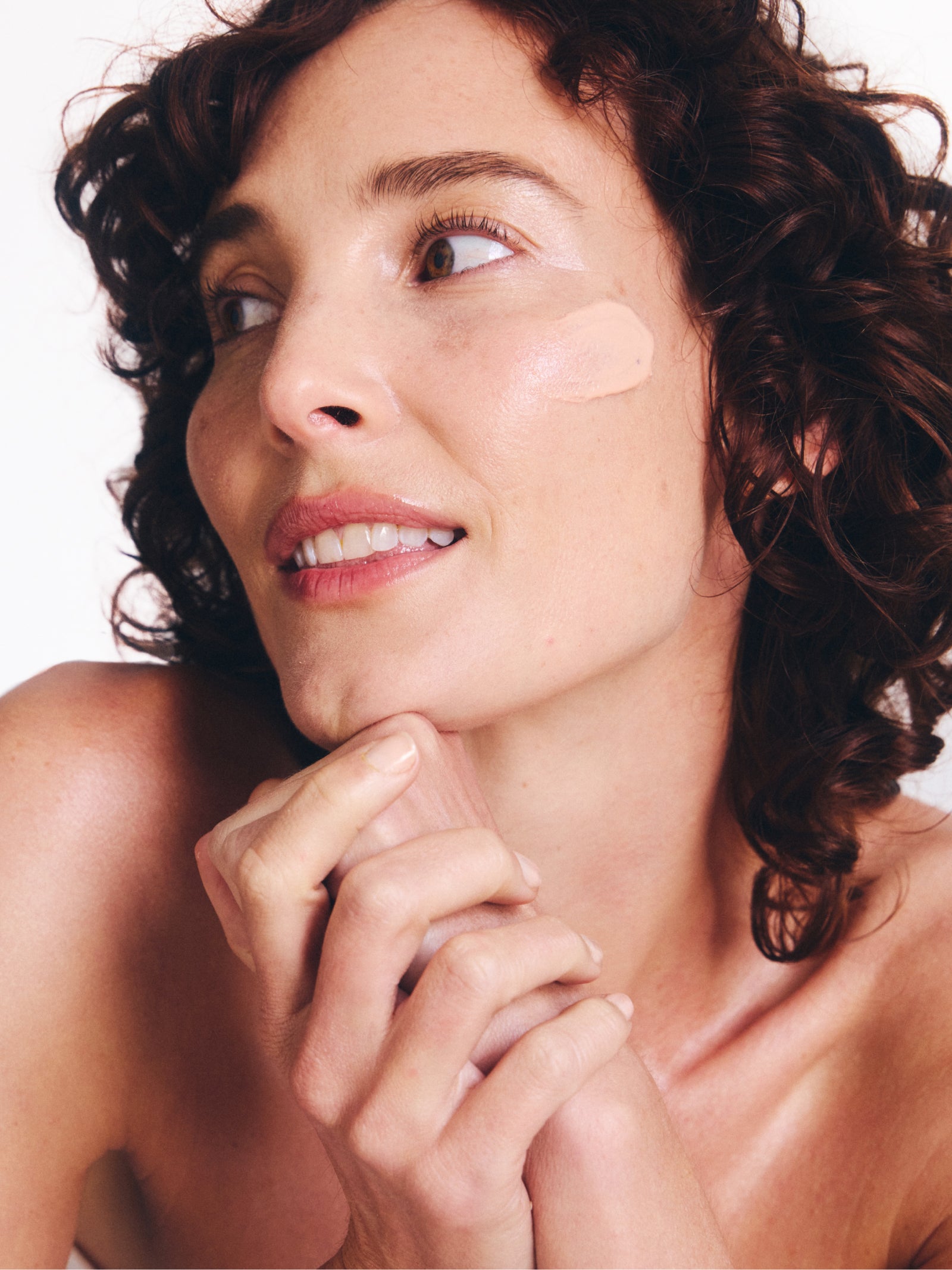
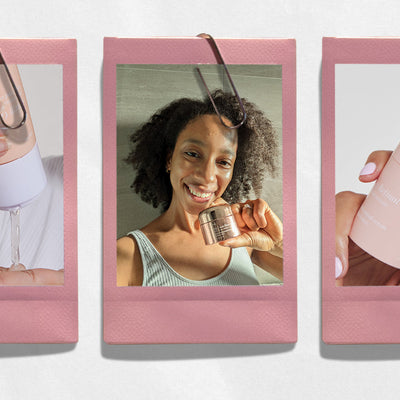
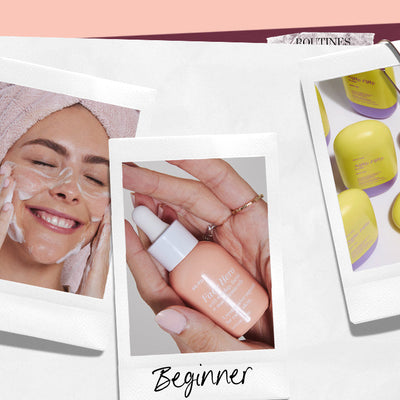
Comments